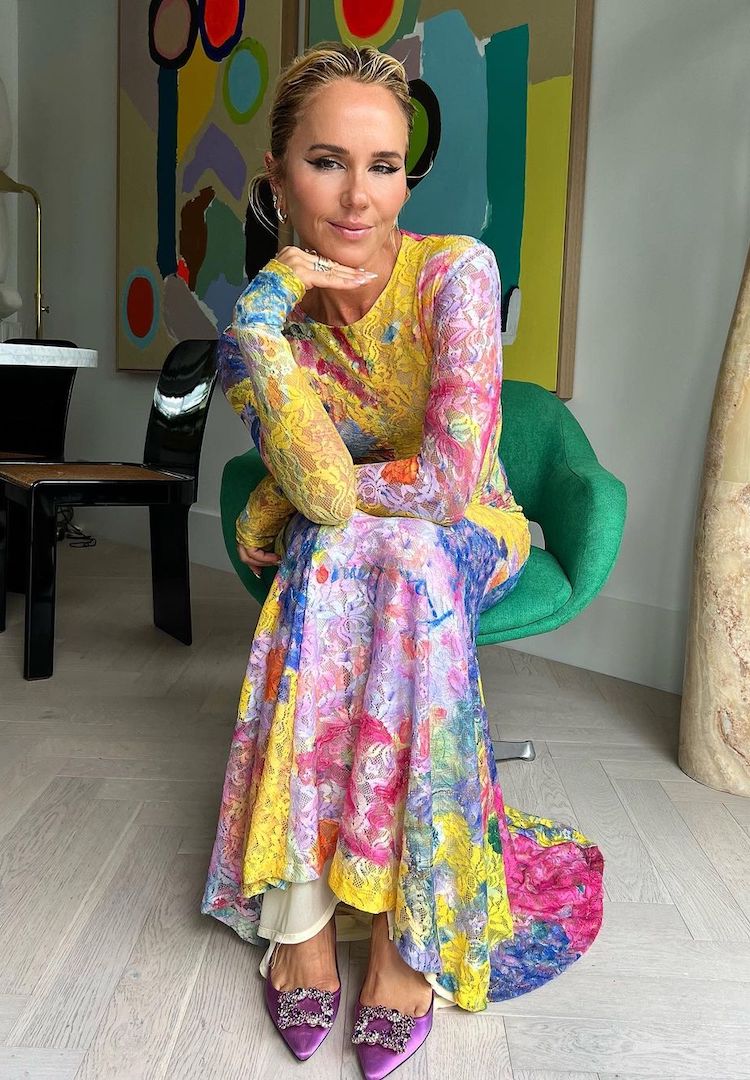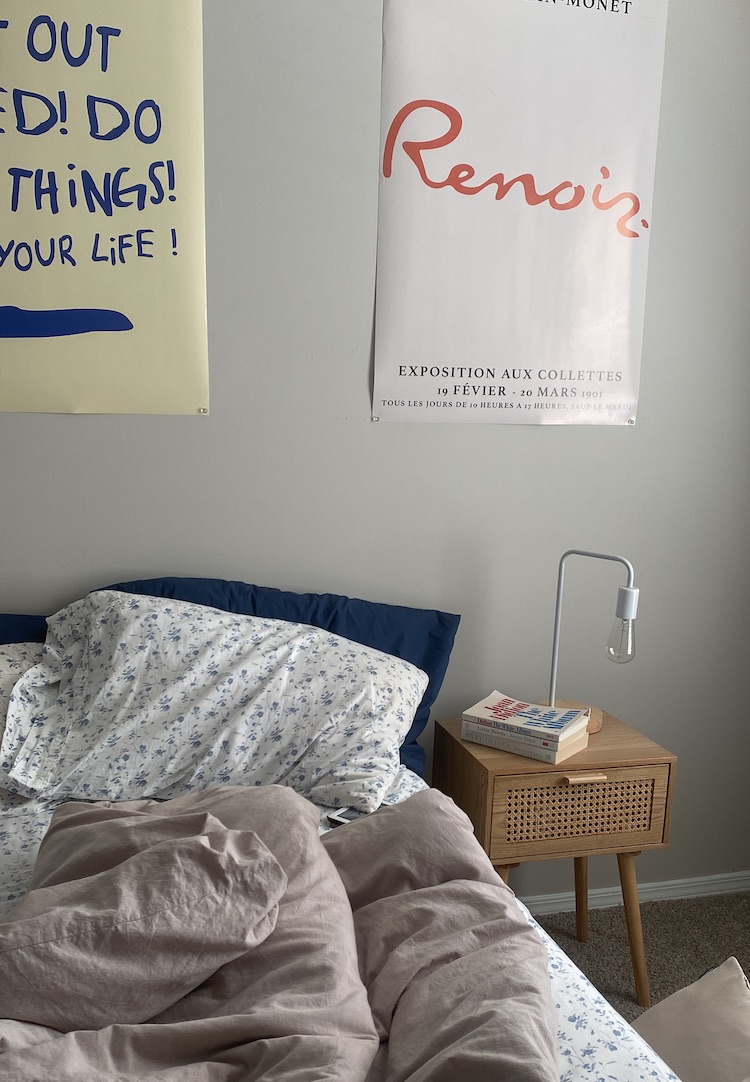How to know if you really need closure or if it’s just an excuse to talk to them
PHOTOGRAPHY BY JOLIE PRICE
WORDS BY EVANGELINE POLYMENEAS
Don’t call your ex.
“It’s not you, it’s me.” Most of us, at least once, have been victim to a breakup not of our own doing. It leaves us heartbroken and searching for answers. We grab our closest friends, throw on a rom-com and pass around a cookies and cream ice cream tub until someone says it, “maybe you need closure?”
It’s a phrase commonly uttered to those recently dumped. We all have a well-meaning person in our lives who thinks closure is a good idea and that in order to move on, you need one final conversation with the person who broke your heart. If you’re asking me, I think closure is BS – nothing is stopping you from determining why the relationship ended and closing the door for yourself.
We can’t give you a tissue for your relationship woes, but can we can help get your mind off things. Head to our Life section for more advice.
But for your benefit, I also spoke to a couple’s therapist, Natalie King, to see if my intuition – that 99 per cent of the time, seeking closure is really just an excuse to talk to them again– was right. Natalie walked me through the ins and outs of closure, starting with an answer that wasn’t as black and white as I’d hoped.
“Closure can be so different,” says Natalie, “it is defined by each individual and what they are wanting.”
She explains that one person might see closure as a sit-down discussion of why the relationship didn’t work out, and the other might see closure as never speaking again, even if their ex was the last person on Earth.
Why do we crave closure?
“We seek closure to get some understanding [of the breakup] and to make sense of things, so our brains can go, ‘Oh, I get it now’,” explains Natalie. For those questioning whether the relationship ever really mattered to their ex, this can feel really critical.
“It is very natural for us to reach out to that ex-partner to seek solace because we might find it hard to close that door, especially if we don’t really know why [we broke up],” says Natalie. “We might have questions lingering that we might want to know the answers to, in order to feel okay within ourselves.”
Searching for that reassurance is natural but sometimes, our ex might not be able to give that to us.
What can happen when we seek closure?
Breakups, Natalie says, can follow the same trajectory as grieving. Grieving usually falls into around seven stages — those being shock, denial, bargaining, guilt, anger, depression and then finally, acceptance – although it does look different for everyone. Similarly, no two people handle a breakup in the same way.
The bargaining stage is where many on-again-off-again couples fall into a loop. The quest for closure has the potential to sort of morph into this bargaining game you’re playing with yourself, and your ex, in an attempt to win them back. And let me tell you, I know a thing or two about bargaining.
Want me to change my whole personality so you’ll stay with me? You betcha. Need me to give up my whole life and dedicate it entirely to you so you’ll stay with me for another four months before you dump me again for that girl you told me not to worry about? Someone give me a pen and sign me up. Anything to make this pain go away.
When we’re upset, our minds can literally convince us that what we want is what we need. Think about it this way: why is it that whenever you go shopping to cheer yourself up, that bag you’ve never been able to justify is suddenly in your hand?
“It is a really natural, human coping mechanism,” Natalie says after I tell her about my bag collection. “We need comfort when we’re going through stress, or pain, or anything like that. And we do seek it in shopping, or alcohol, or coffee, or any of those things that give us that little bit of ‘Oh okay, this will make me feel better’ when really, what we need in those instances is to feel comfort with another,” she explains.
When we don’t have access to healthy options for comfort, like a family member, friend or therapist, we are left vulnerable to fall back into the arms of our ex, despite it not being the most healthy choice.
“Our mind has a funny way of playing tricks with us,” Natalie laughs, noting that when something is really painful, we can physically convince ourselves that calling our ex is the only thing that’s going to make us feel better.
“If we don’t slow that [thinking] down, we will act on it,” she warns.
Taking control of the narrative
More likely than not, the end of a relationship should be closure enough. If you’re dating and you break up, a conversation should have happened where you both mutually discussed why the relationship was ending. If you were ghosted, they either don’t want to talk to you or they just don’t have the energy right now. Think about all the unopened, unanswered messages you have on your Hinge, you’re a perpetrator yourself! Don’t let it be that deep.
But look, I know it’s hard. I’ve thrown my fair share of eggs at boys’ windows late at night in an attempt to make me feel better (not angry, just passionate). I’m not saying it’s easy either, but sometimes things happen and there isn’t this perfect, comprehensible reason. Sometimes shit just happens.
Closure, depending on the sort, can also be inviting someone to literally tell you all the things they don’t like about you. And that’s a party you should not be attending. Please don’t torture yourself.
Natalie puts it well when she says to ask yourself one key question. “Whatever answer you get, is it going to make [you] feel better or worse about yourself? I think you need to question why you want closure and if it is going to help you. If you want closure to get back with that person, that isn’t really respecting what the other person wants and that is going to put you on the back foot,” she says.
“If you are trying to show them that you can change yourself to get back with them… that is not healthy,” she warns. “And if they are the reason you are wanting closure, it might be more damaging than healing.
“[If] you just want to get some answers to the… one question that you had and you’ve taken into consideration that it might be hard to hear and that it is going to be okay, then that is good.
“Just really think it through before you go for that closure because sometimes it can be more damaging than healing and you want to heal.”
We know it’s tough, but we’ve got your back. For some healthy post-breakup coping mechanisms that don’t involve picking up the phone, head here.










